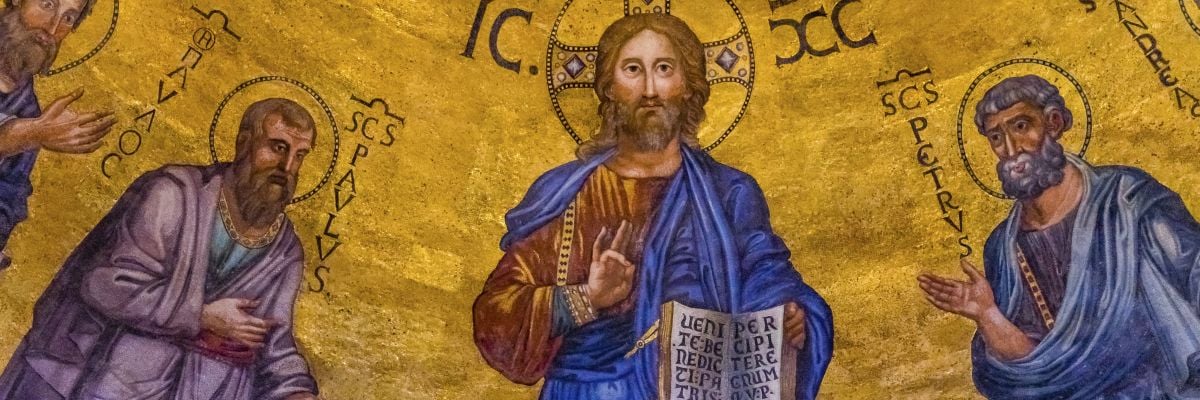
Question:
Answer:
The traditional opinion of the later scholastics is that when the Fathers are unanimous in an interpretation of Sacred Scripture or a particular doctrine, then they are infallible. This is called the “unanimous consent” of the Fathers. It is important to remember that the teachings of the Magisterium are evaluated as to their relative certainty by their universality and by the way in which they are legally promulgated.
The Magisterium, as it exists now, is supposed to be more technically precise. The Fathers teach practically always in the context of a real homily delivered liturgically or a commentary meant to be read aloud before an audience, with little emphasis on the legal weight of their words. In a certain sense, the Fathers have an authority that is so great that, ordinarily, statements of the Magisterium depend on the witness of the Fathers for their exposition and justification.
So it would be wrong to value the ordinary Magisterium simply over the Fathers. The ordinary Magisterium is like current legislation; the Fathers are the tradition and precedent behind the legislation.



